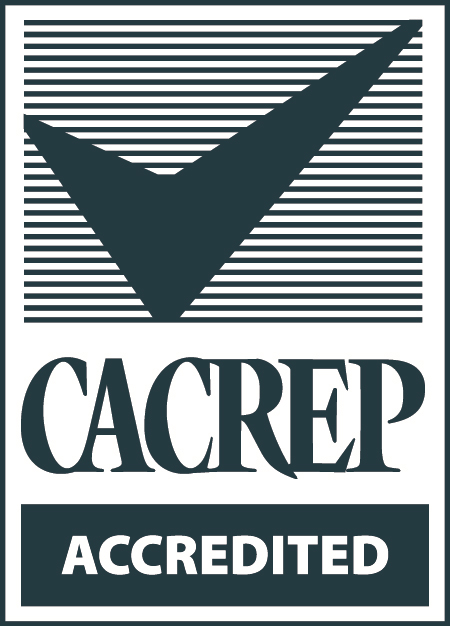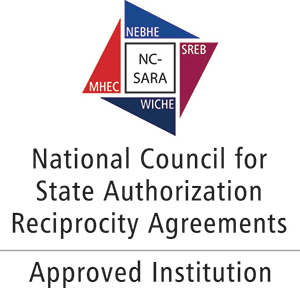MS in Counseling Accreditation

Minnesota State University Moorhead’s graduate program in Counseling has specialized accreditation from the Council for the Accreditation of Counseling and Related Educational Programs (CACREP). The specialized accreditation is granted by CACREP which is an accrediting body recognized by the Council for Higher Education Accreditation. The program offers two CACREP accredited emphases: Clinical Mental Health Counseling and School Counseling (K-12).
CACREP Vital Stats 2022
Since 1965, the Counseling Masters Program (COUN) program at Minnesota State University Moorhead (MSUM) has been educating and preparing high quality counseling professionals. Since becoming a CACREP accredited program, the University has offered a high-caliber curriculum and professional preparation standards to meet the critical need for counseling professionals across the northern midwestern states. Approximately 78 students are currently enrolled in the graduate degree program. Courses are offered after 4:30 PM in a variety of delivery formats, including online, hybrid, and face-to-face class periods. Last year, there were 22 graduates from the School Counseling and Clinical Mental Health Counseling Master’s program. This included a total of 6 School Counseling students, 15 Clinical Mental Health Counseling students, and 1 Addiction Counseling students.
Students graduating in the expected time period per emphasis area were: Clinical Mental Health 98%, School Counseling 98%, and Addiction Counseling 100%. The expected time period for graduation is two years for full-time students and three to five years for part-time students.
Students also have found success finding employment in their field of study. The percentage of graduates that have found employment in their chosen field by emphasis area are Clinical Mental Health: 98%, School Counseling 100%, and Addiction Counseling 100%.
Our graduates continue to excel on licensing examinations, including the Counselor Preparation Comprehensive Examination (CPCE) and the National Counselor Examination (NCE). 98% of students passed the NCE and 100% of students received passing scores on the CPCE. Our current students have demonstrated a professional counselor identity through active participation in recognized and funded student organizations such as our Alpha Chapter of Chi Sigma Iota (CSI) and the Counseling Student Organization (CSO). Professional counselor identity was further enhanced through community advocacy projects, participation at the MSUM Student Academic Conference, attendance at the Minnesota School Counseling Conference (MSCA) and North Dakota Counseling Association state conference (NDCA) and service to the community through volunteering in local mental health and substance abuse awareness events.
*Please note that as of Fall 2023, the Addiction Counseling emphasis area is not CACREP accredited.
Minnesota State University Moorhead has been approved by the State of Minnesota to participate in the National Council for State Authorization Reciprocity Agreements. NC-SARA is a voluntary, regional approach to state oversight of postsecondary distance education.
Student Consumer Complaint Process
Pursuant to the United States Department of Education’s Program Integrity Rule, institutions providing online education are required to provide all prospective and current students contact information of the state agency or agencies that handle complaints against postsecondary education institutions offering distance learning within that state.
We encourage you to seek resolution to any concerns by discussing them informally with a staff member at the University. If a complaint cannot be handled informally, MSUM students are encouraged to use our University’s complaint process, outlined in the Student Handbook.
If a complaint cannot be resolved at the University level, you may contact the Minnesota Office of Higher Education or the Higher Learning Commission. If you reside in another state, you may contact your local state agency for further information.

